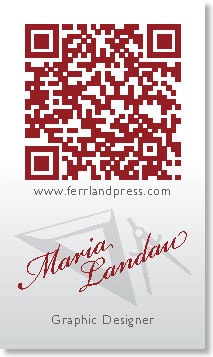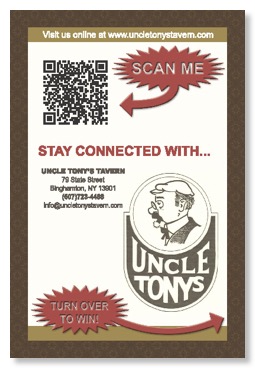Logo Trends 2017

Responsive Design
Why go with responsive design for your website?
Instead of wasting time and money on creating separate experiences for PC, mobile and tablets, companies should look to create one experience to rule them all. This is where responsive design comes in.
Through responsive design, a site changes based on the size of the device used, making it easier to navigate on smaller devices like tablets and smartphones. Responsive layouts take developing for specific screen resolutions out of the design/development equation and make screen resolutions more of a tool than a limitation. With responsive design, site owners are able to shape the experience based on predefined minimum and maximum pixel dimensions. The result is a personalized, stronger experience with higher conversions.
While some still consider responsive design an “option”, We’d argue it now has to be the standard.
View a responsive site >>>Price of Color Printing / Copies
Utilizing a professional can decrease the cost of color printing dramatically and improve the quality by higher quality paper, better ink coverage and a professional look. Depending on quantity, a graphic design / print company can design, print and deliver your piece for as little as $0.06 to $0.50 each.
Naturally, very small quantities are charged a higher per piece price and may be better for in-house printing / copying. Time restraints are another reason to print in-house. There are very few printers that can print / copy very small quantities economically and depends on their equipment and scheduling.
Finding the right graphic design and print company can save you time and money with quality design and economical printing. Your designer should have access to inexpensive quality printing. If they do not, are they the right for your image and branding?
There are many variables that play a role in cost for printing and designing with no absolutes or simple answers. The largest problem may be finding the right designer for your needs.
What are QR Codes?
The most common marketing uses for QR Codes are to take the user directly to a website, for product loyalty and in-store product labeling. QR Codes can also activate certain cell phone applications such as IM & SMS.
QR Codes are found in many places, from billboards, business cards and menus to product packaging and brochures. Scanning the code will allow you easy access to for directions, installation instructions and coupons to name a few.
While QR Codes look cool and high tech, they will not cause your business to fail or succeed. You should use the QR Code as a tool to help your overall marketing program.
Maria likes to use one on her business card mimicking cubistic art style. We’ve even put them on postcards for clients.


What You Don't Know About SEO
Find it.
Every page of your website has an address, or URL. Keep the address short and clean, without equal signs, punctuation characters or underscores and use detailed keywords that are relevant to the page.
Flatten it.
All pages need to link to one another, but you want to keep things as "flat" as possible, make sure that each page can be accessed with only one or two mouse clicks.
Name it.
You might overlook the title bar atop each browser window, but search engines don't. Give each page a concise, unique, keyword-driven title.
Explain it.
In the description field, enter a few sentences about the content of that page. Think of it as the text in a catalog. What makes your product or service special?
Map it.
Your customers would really love to have a map to all the boxes in your store, called an XML site map. Don't know XML from an X-Box? No worries. There are plenty of software programs that can do the job.
Tag it.
You'd be confused if this article didn't have a headline, right? Without an h1 heading tag on each page of your website, search engine crawlers have trouble understanding content, too.